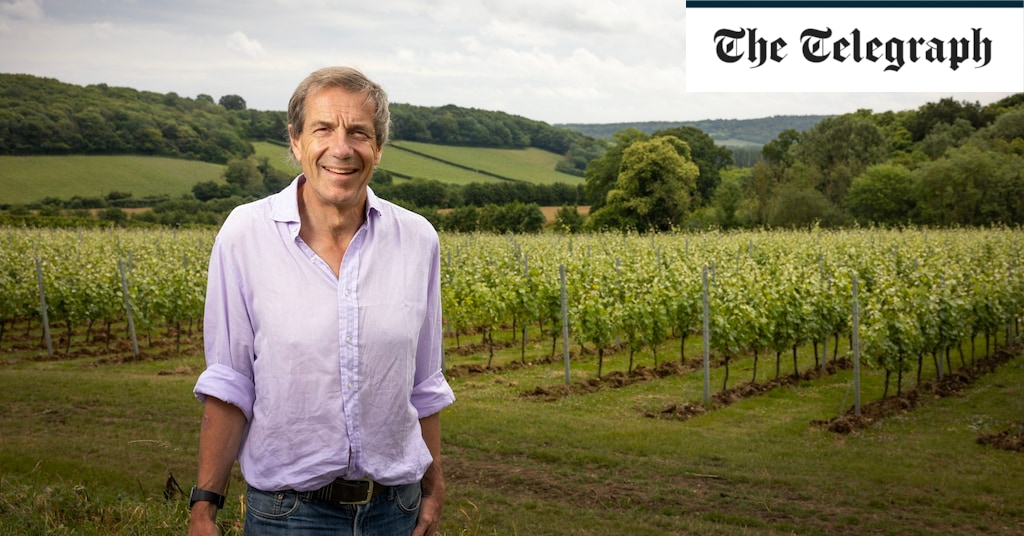Up to 22 million bottles of English wine are being produced from the 2023 harvest – a 60% increase on 10 years ago. There are now more than 1,000 vineyards across the UK. Sales of English wine are up 10% in 2023, according to WineGB.
One effect of this boom has been higher land prices, but the costs of expanding into Champagne-producing regions in France are still much lower than those of expanding into its original production areas.
“Land values [in Champagne]are very high, at €1m (£850,000) a hectare, whereas here it’s maybe £60,000 a hectare,” says Ed Mansell-Lewis, head of viticulture at Knight Frank.
The price of land is “not something that particularly bothers us,” Copestake says.
With traditional farming suffering in the wake of the pandemic, many English farmers are more than happy to sell their land. And the number of those able to sell their land is growing by the day.
“We are currently working on a modelling exercise where we are identifying future locations,” says Lewis. “I think this project will extend into Cambridgeshire. I think it will extend into Oxfordshire. I think it will extend further west into Hampshire.”
Last month, Chapel Down, the UK’s largest winemaker, put itself up for sale in a move it hopes will raise up to £30m for expansion, just seven months after listing on the alternative investment market.
But that doesn’t mean that winemaking in England is without its challenges. “Outside the land, everything is more expensive,” says McGrath. “The yield you get per acre is definitely a third of what you get in Champagne. It’s much lower because the climate is so variable. We get sun and rain five times a day.”
As a result, English wine is expensive. According to data from Sircana, the average bottle of English sparkling wine in the supermarket is just under £22. Producers are reluctant to lower the price any further for fear of losing the wine’s reputation for excellence.
While the English wine industry is dominant, McGrath stresses that the industry is still in its infancy.
“Things will get better. As the vines age, we will work on identifying the parts of the vineyard that are best suited to each grape variety.”
Even the likes of Philippe Schus of Moet Hennessy might come here in due course.


